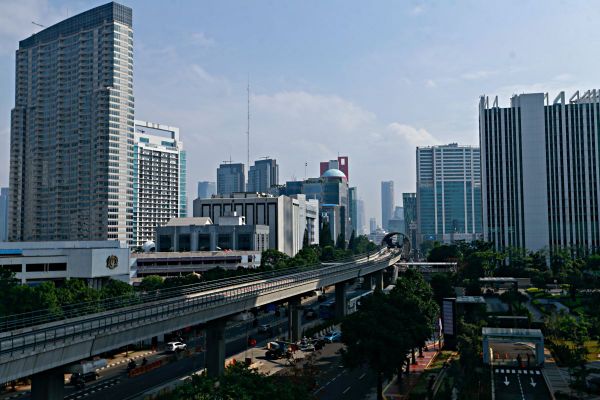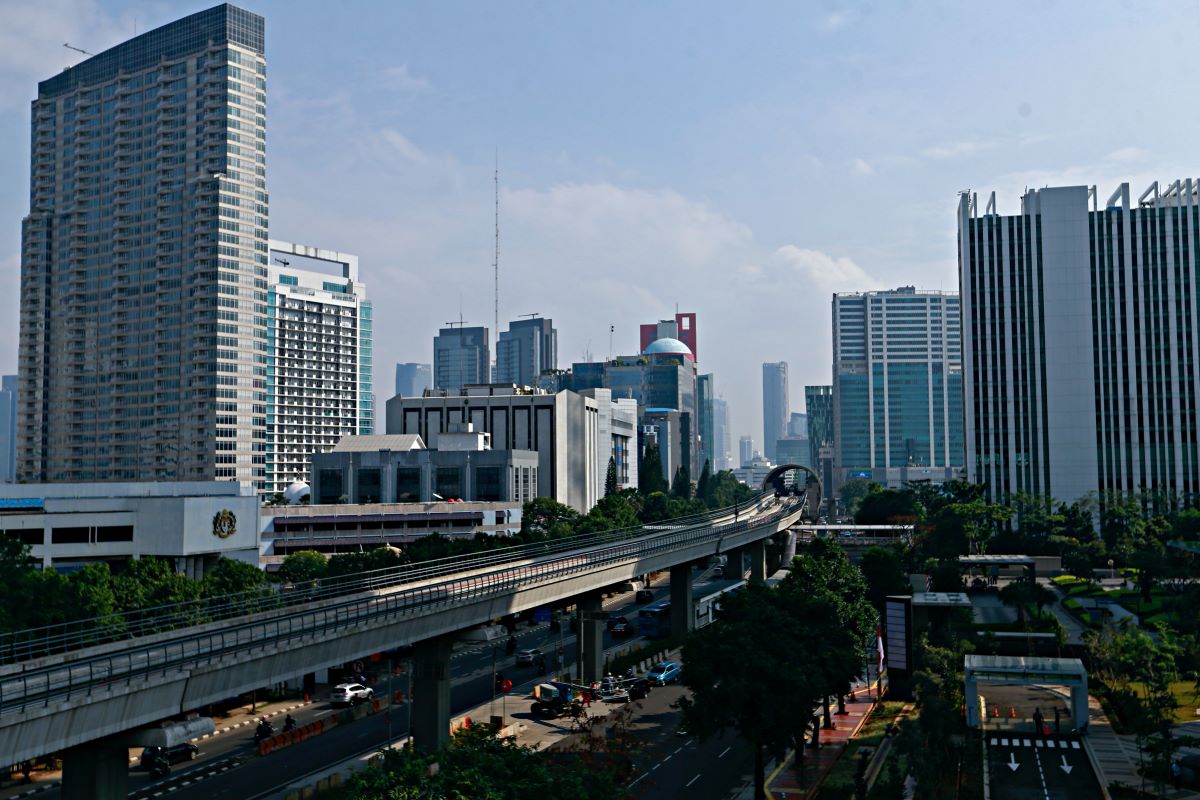JAKARTA, Aug 5 — Indonesia's second-quarter growth was better than expected, driven by robust investment and household spending, the fastest pace since the second quarter of 2023, but economists said more support may be needed to protect growth in the second half.
Gross domestic product accelerated to 5.12 per cent from 4.87 per cent in the previous quarter, data from the statistics bureau showed today, and beat the 4.80 per cent growth forecast in a Reuters poll.
"GDP growth registered an upside surprise in the second quarter compared to our expectations, with the gap likely explained by a supportive net exports balance on account of frontloading," said DBS Bank economist Radhika Rao.
The growth pace defied concerns over weakening economic indicators, including falling car sales, softening consumer confidence, and contracting purchasing managers' index, which had pointed to slowing activity.
Ahead of today's data, Bank Indonesia, which has cut policy rates four times since September, forecasts economic growth would be in a range of 4.6 per cent to 5.4 per cent this year.
Household spending, which makes up over half of Indonesia's GDP, accelerated slightly to 4.97 per cent year on year in the second quarter, compared to 4.95 per cent in the previous quarter, supported by higher spending for food and travel during several religious holidays and a school break.
Investment growth surged to a four-year high of 6.99 per cent in the second quarter, from 2.12 per cent previously, helped by infrastructure projects including the expansion of the Jakarta mass rapid transit, Statistics Indonesia Deputy Chief Moh. Edy Mahmud said. Government spending contracted by an annual 0.33 per cent.
Meanwhile, exports were boosted by shipments of vegetable oil, metals, electronics, and auto parts.
Frontloading of export orders as buyers sought to get ahead of US tariffs has seen the value of exports rise in the first half of the year.
Maybank economist Brian Lee warned the trade surplus could narrow further as export growth cools while slower global trade weighs on demand for Indonesia's key commodities.
"We expect a further 50 bps of rate cuts before year-end while the government has laid out plans to introduce a third package of stimulus towards year-end, albeit scaled down in size," he said.
DBS' Rao also expects slower export momentum. "We continue to expect moderation to set in (in) the second half, partly on account of payback in trade," she said.
Statistics Indonesia has noted that on a non-seasonally adjusted, quarter-on-quarter basis, gross domestic product expanded 4.04 per cent in April-June.


